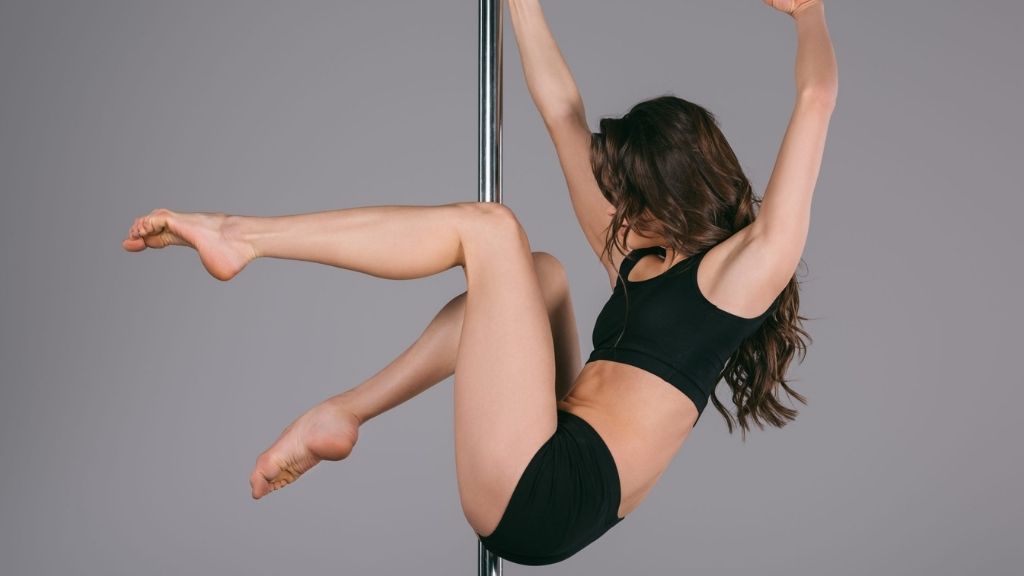How Much Do Pole Dancers Make in 2025
For those of you who are considering taking up pole dancing as a profession, it's always nice to get an idea of how much do pole dancers make.

Our comprehensive and easy-to-follow guides provide you with all the information you need to get started with pole dancing at home. We cover everything from setting up your pole dance space, choosing the right equipment, mastering the basic moves, and advancing to more complex techniques.
With so many pole dancing products on the market, it can be challenging to determine which ones are worth your investment. We take the guesswork out of shopping for pole dance essentials by providing in-depth, unbiased reviews of poles, mats, grip aids, apparel, and more.
Pole dancing is more than just a hobby; it's a fantastic way to stay fit, strong, and confident. Our website features articles on pole dance fitness, nutrition, and wellness to help you optimize your performance, maintain good health, and enjoy all the benefits that come with this amazing form of exercise.
Our most popular and essential guides to help you get started with pole dancing at home.
For those of you who are considering taking up pole dancing as a profession, it's always nice to get an idea of how much do pole dancers make.
Wondering if you should go with a 40mm, 45mm or 50mm pole? This guide compares dance pole sizes head to head on factors including popularity, gripping, dance moves and much more.
There is no doubt that X Pole and Lupit Pole are two of the biggest names in the pole fitness industry. Both brands offer high-quality dancing poles that are designed to last. But which one is the best?
Pole dancing has been around for years and it has become increasingly popular in recent years, with men and women of all ages and body types taking up the practice.
Pole dancing is a fun and sexy way to get fit, and there's no shortage of great songs to pole dance to.
So, you're looking for the best freestanding dance pole. This is a crucial decision, especially as the free standing pole has to support your bodyweight as you swing.
FAQs
Everything you need to know about getting started with pole dancing at home.
Like any new skill, pole dancing has a learning curve. However, with proper instruction, consistent practice, and patience, beginners can learn and enjoy pole dancing. Start with basic moves and gradually progress to more advanced techniques as your strength and confidence grow.
For home use, we recommend a removable pressure-mounted pole or a free-standing pole if you can't drill into your ceiling. Look for poles made from high-quality materials like chrome, stainless steel, or titanium. The pole should have both static and spinning modes for versatility in your training.
No, you don't need to be strong to start pole dancing. In fact, pole dancing itself will help you build strength over time. Many beginners have little upper body strength when they start, but through consistent practice, they develop impressive strength in their arms, core, and back.
For pole dancing, you'll want to wear clothing that allows your skin to make contact with the pole for better grip. Shorts and a tank top or sports bra are common choices. Avoid lotions or oils before practice as they can make the pole slippery. For beginners, knee pads can be helpful for comfort during floor work.
For beginners, 1-2 sessions per week is a good starting point. This gives your body time to recover and prevents overtraining. As you build strength and endurance, you can increase to 3-4 sessions per week. Listen to your body and take rest days when needed.
Absolutely! Pole dancing is a full-body workout that combines strength training, flexibility, and cardio. It engages multiple muscle groups simultaneously, particularly the core, arms, shoulders, and legs. Many practitioners find it more enjoyable and motivating than traditional gym workouts.